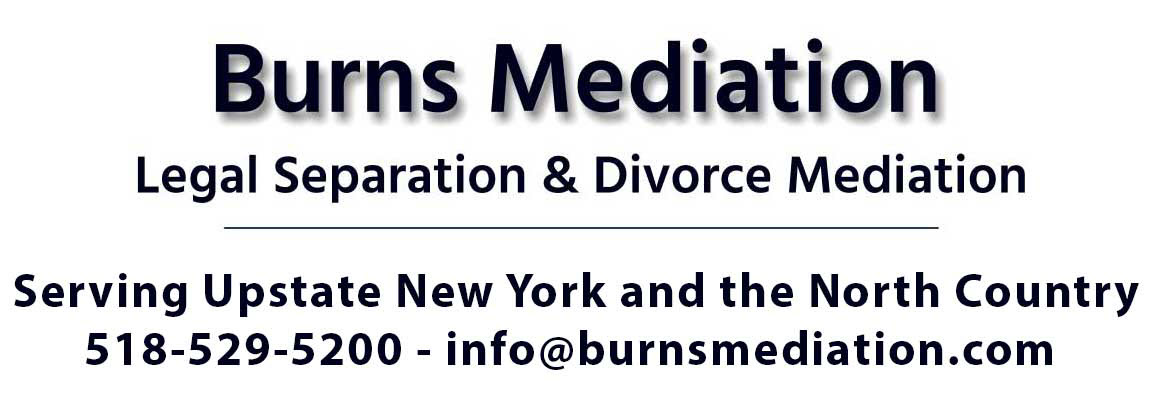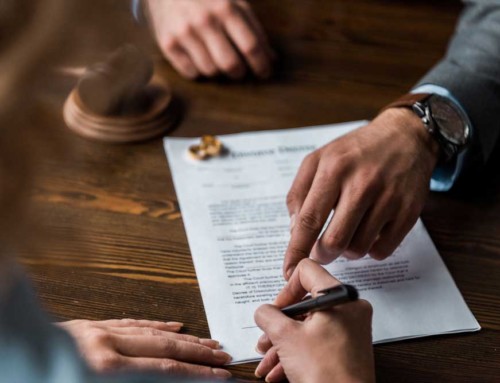
I recently co-chaired a conference for the New York State Council on Divorce Mediation that featured Diane Neumann, an attorney and mediator from Massachusetts who, at the conclusion of the mediation, prepares all of the legal documents that her clients will need. Because of this, she tells her clients that they do not need individual attorneys at any point in the process, which was somewhat provocative and controversial to some of those in attendance.
While I also prepare all the required legal documents and few if any of my clients retain separate attorneys, many of the other mediators who attended the conference require their clients to have separate attorneys during the mediation process, not only to provide advice but to draft all the required legal documents.
This generated a lot of discussion among those in attendance, who expressed many different views as to the appropriateness of attorneys in the mediation process. These conversations led to other discussions about the ways each of us conduct our practices, that caused a positive flow of thoughts and ideas which is what I hoped would happen when I invited her to speak.
Since there are many different ways to mediate, and we come from many different backgrounds, it is unlikely that there will ever be only one way to help. But as long as we continue to discuss our different approaches and try to learn from each other, we should be able to offer an approach which will work for those we serve.
Feel free to ask any questions, to comment, or to request more information in the Comments Box below. Also, please forward this blog to anyone you know who would be interested in its topic.
Share with Friends:
Need More Information?
To schedule a free phone or video consultation, complete and submit the form below, email us at [email protected], or call 518-529-5200.






As a certified mediator, I have worked with divorced/divorcing couples in the division of assets and even in visititation situations where the Court’s order was not flexible, but where the circumstances surrounding the order often benefitted from mediation to support the parties in the efforts to co-parent. I worked with attorneys present, and without – and the essential element, I found, was that as long as both parties were afforded the ability to obtain counsel, it was generally not an issue. At times when one party did not want an attorney present, I disallowed on the basis of a level of imbalance that would ultimately render the attempt at mediation ineffective. So I think it is a good conversation to have, and a good one to guide the parties through. My sense is that since nothing in mediation is legally binding, and since very few, if any written notes should even be taken during session, parties are not obligated to any of the “terms” to which they verbally agree. Even a written agreement prepared by the mediator is just that, so parties may save themselves a lot of money by waiting to see if attorneys are even necessary after having the conversation at mediation to see where they each stand on the issues.
The one question I do have – are mediators generally screening cases for domestic violence? I ask this because in cases where this has occurred (and we can only know what is reported, unfortunately) mediation can be very unsafe for victims of DV. And if, during a session, DV is alleged to have occurred, are mediators ending sessions based on policy/protocol not to mediate? I am just curious how this looks statewide/country-wide.
Heather
Thanks for the thoughtful response, Heather. I am currently working on another blog that addresses the complex issue of domestic violence. Look for it soon.
Dan